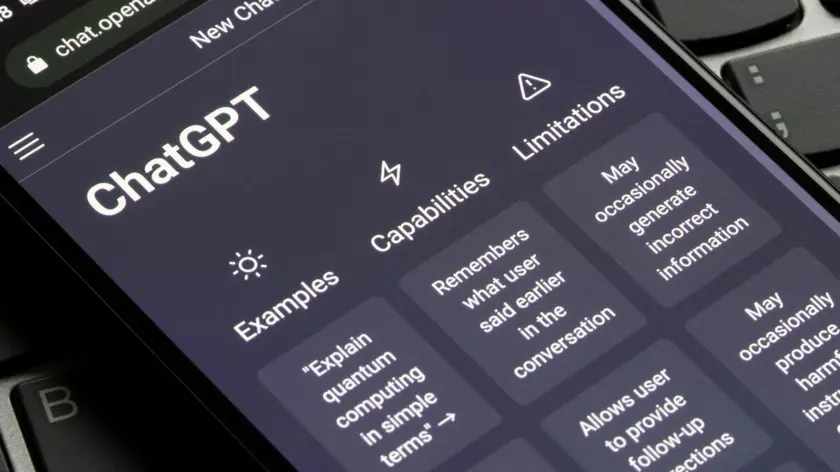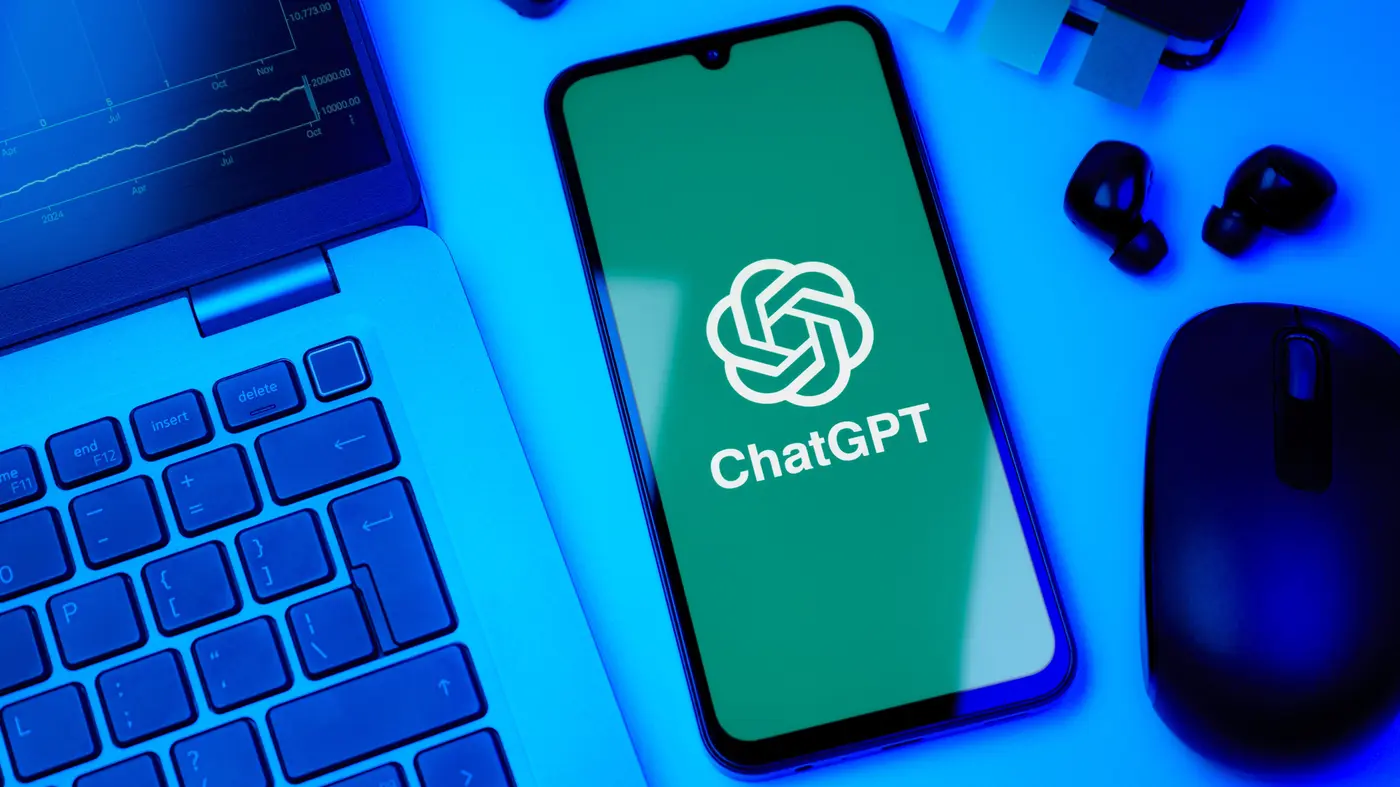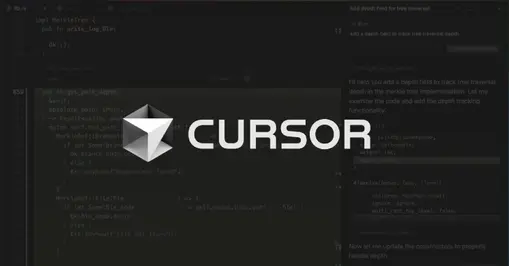T4K3.news
AI diet advice leads to bromide poisoning
A man followed AI dietary guidance, developed bromide poisoning and a psychotic episode, then recovered after medical treatment.

A cautionary case shows AI guidance can cause harm when medical context is missing.
AI Diet Advice Leads to Bromide Poisoning and Psychosis
Doctors at the University of Washington report a man developed bromide poisoning after three months of following dietary advice he found online through ChatGPT. He began consuming sodium bromide after reading that reducing chloride intake might help, then presented with agitation, paranoia, and both visual and auditory hallucinations. He required an emergency evaluation and was placed on an involuntary psychiatric hold for grave disability. Doctors treated him with intravenous fluids and an antipsychotic, and he eventually stabilized; a two‑week follow‑up showed he remained in stable condition. The report suggests the AI tool provided guidance that linked a harmful substitution to a health claim, highlighting how AI can spread decontextualized information without proper safety warnings. Bromide was once used in early 20th century medicine but is now rare and generally avoided for health purposes, though it still appears in some veterinary products and consumer goods. The case underscores a tension: AI can bridge knowledge to laypeople, yet it can also mislead without human medical oversight.
Key Takeaways
"AI also carries the risk for promulgating decontextualized information."
Direct quote from doctors in the case study.
"A human medical expert probably wouldn’t have recommended switching to bromide to someone worried about their table salt consumption."
Doctors' assessment in the report.
"Having a decent friend to bounce our random ideas off should remain an essential part of life, no matter what the latest version of ChatGPT is."
Editorial closing line
This incident exposes a gap between accessible information and actionable health judgment. AI should not be treated as a medical oracle, especially for something as sensitive as nutrition and drug-like substances. The episode invites readers to demand safety safeguards, such as clear warning labels and explicit cautions when tools discuss health decisions. It also raises questions for developers about how chat agents handle substitutions and what kind of context prompts are required before giving advice. As AI hotspots multiply in daily life, doctors, programmers, and policymakers must collaborate to prevent similar harm while preserving the benefits of rapid information access.
Highlights
- AI advice needs a medical check before it becomes action
- Context matters more than algorithms
- A friend to bounce our ideas off remains essential in a world of AI
- Safety warnings should accompany health guidance from AI
AI health guidance requires safeguards
The case shows how AI-delivered dietary advice can cause serious harm without medical supervision. It highlights the need for safety warnings and human oversight in AI tools used for health decisions.
The ongoing challenge is to keep human judgment in the loop as technology expands
Enjoyed this? Let your friends know!
Related News

Man suffers psychosis after using sodium bromide

Self harm case highlights AI health guidance risks

New study reveals ChatGPT's risks for teenagers

Experts Recommend Foods for Heart Health

Doctors urge against fruit juice for weight loss

Four questions to enhance ChatGPT usage

New Study Changes Weight Loss Guidelines

Cursor AI Code Editor Patch Released
